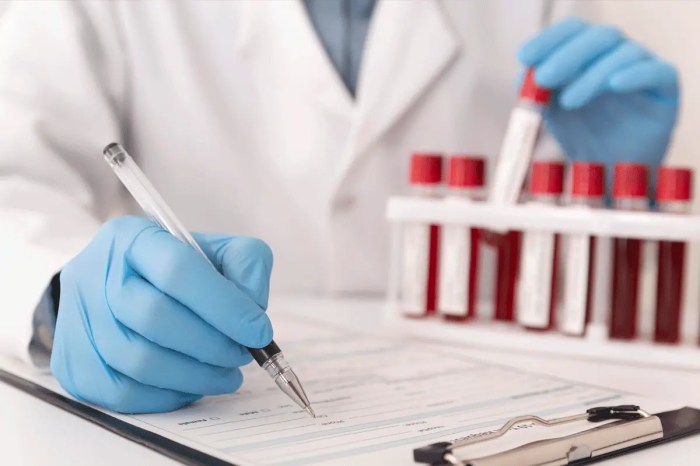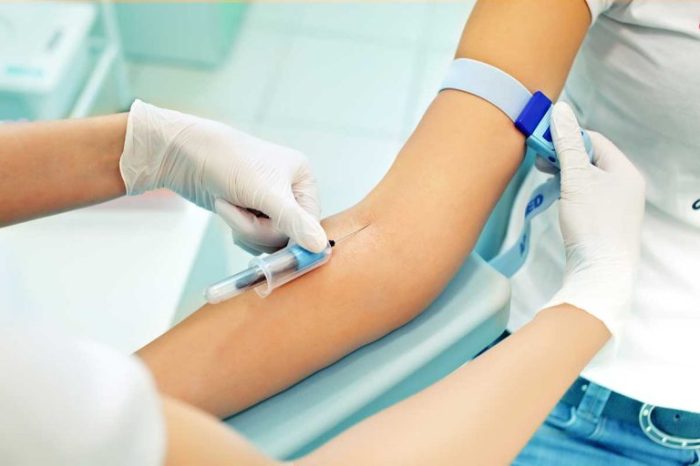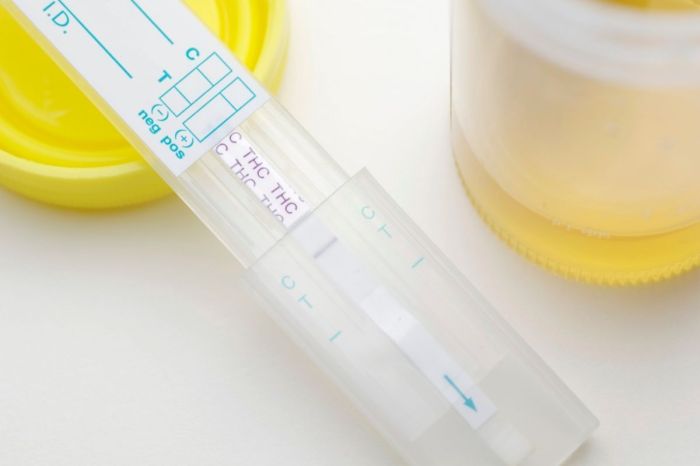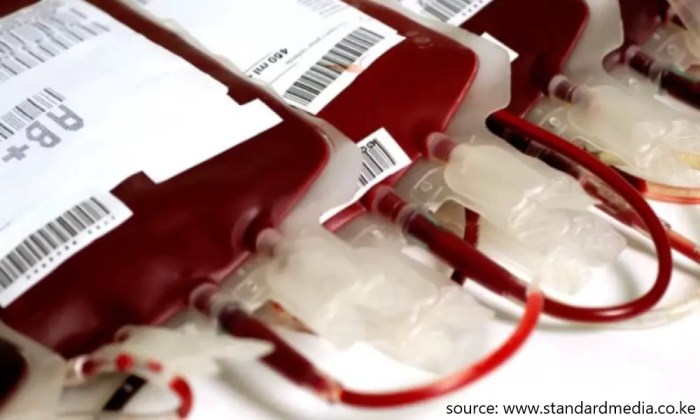How often do phlebotomist get drug tested – The frequency of drug testing for phlebotomists varies significantly across industries and settings. Understanding the factors that influence this variability and the consequences of failing a drug test is crucial for maintaining a safe and ethical healthcare environment. This article explores the frequency of drug testing for phlebotomists, the methods used, and the potential implications of a positive test result.
Frequency of Drug Testing for Phlebotomists

The frequency of drug testing for phlebotomists varies depending on several factors, including company policies, regulatory requirements, and job responsibilities.
In general, phlebotomists working in hospitals and other healthcare settings are subject to more frequent drug testing than those working in other industries. This is because healthcare workers are responsible for handling blood and other bodily fluids, which can pose a risk of infection if they are under the influence of drugs or alcohol.
According to a 2019 survey by the National Phlebotomy Association, 75% of phlebotomists reported being drug tested at least once a year. Of those, 25% reported being tested more than once a year.
The frequency of drug testing may also increase if a phlebotomist has a history of drug use or if they are suspected of being under the influence of drugs or alcohol on the job.
Methods of Drug Testing for Phlebotomists
There are several different methods that can be used to drug test phlebotomists, including urine, blood, and hair testing.
Urine testingis the most common method of drug testing. It is relatively inexpensive and easy to administer, and it can detect a wide range of drugs.
Blood testingis more expensive and invasive than urine testing, but it can detect drugs that are not detectable in urine, such as alcohol.
Hair testingis the most expensive and invasive method of drug testing, but it can detect drug use over a longer period of time than urine or blood testing.
The method of drug testing that is used will typically depend on the company’s policies and the specific job requirements.
Consequences of Failing a Drug Test, How often do phlebotomist get drug tested
The consequences of failing a drug test for a phlebotomist can be severe. In most cases, a phlebotomist who fails a drug test will be fired from their job.
In addition to losing their job, a phlebotomist who fails a drug test may also lose their certification. This can make it difficult to find a new job in the healthcare field.
There are also legal implications to failing a drug test. In some states, it is a crime to use illegal drugs. A phlebotomist who fails a drug test may be charged with a crime and could face jail time.
Strategies for Preventing Drug Use
There are several strategies that phlebotomists can use to prevent drug use and avoid failing a drug test.
Educationis one of the most important strategies. Phlebotomists should be educated about the dangers of drug use and the consequences of failing a drug test.
Awarenessis also important. Phlebotomists should be aware of the signs and symptoms of drug use so that they can recognize it in themselves and others.
Peer supportcan also be helpful. Phlebotomists should surround themselves with people who support their decision to live a drug-free life.
Employee assistance programscan also provide support to phlebotomists who are struggling with drug use. These programs can offer counseling, treatment, and other resources to help phlebotomists overcome their addiction.
Commonly Asked Questions: How Often Do Phlebotomist Get Drug Tested
What are the most common methods used to drug test phlebotomists?
Urine, blood, and hair testing are the most commonly used methods for drug testing phlebotomists.
What are the potential consequences of failing a drug test as a phlebotomist?
Failing a drug test can result in job loss, suspension, or revocation of certification.
What are some strategies phlebotomists can use to prevent drug use?
Education, awareness, and peer support are essential for preventing drug use among phlebotomists.


